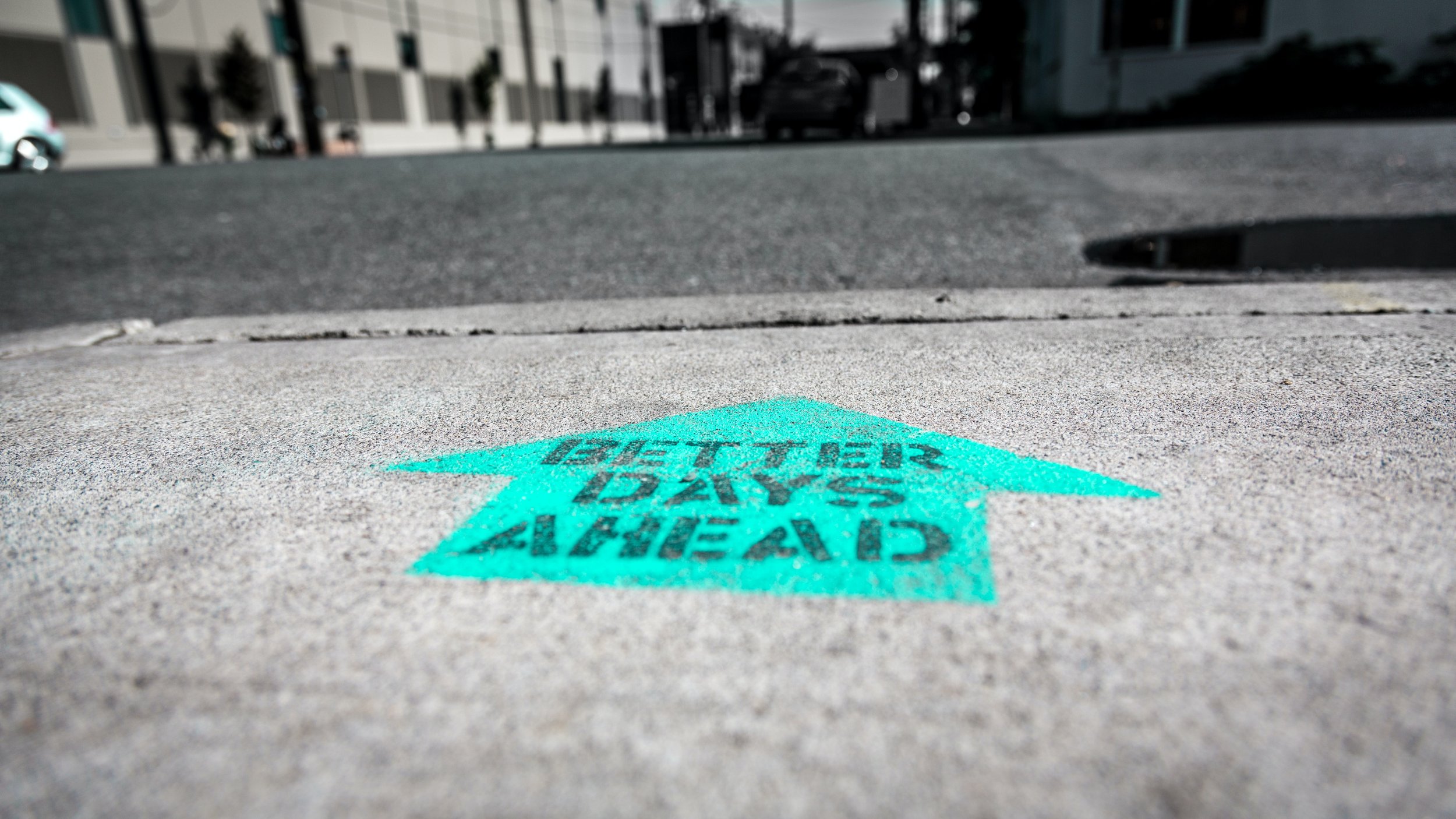Positively Negative
Is there such thing as too much optimism? Possibly, although it’s unlikely to be an issue in Germany. For as long as I’ve lived here, I’ve always been quietly impressed with the brute force pessimism that pervades everyday life. It seems to trickle into conversation, usually in the form of one complaint or another. Sometimes it’s directed at the government, other times work, and in some rather unfortunate cases, at a specific individual.
Discovering that Germany wasn’t a nation of the positive didn’t quite come as a total shock, after all, I’d grown up on shouty depictions of German people on British TV. I was a little surprised though. Like so many new arrivals to Germany, I was impressed with nearly everything. The clean streets, the Autobahn, bakeries, Angela Merkel, even the weird plastic roof on my wife’s Twingo seemed like a stroke of unparalleled genius. I would wander the streets cooing at everything, while my wife watched in quiet amusement.
This initially caused me a lot of problems. I would have conversations at work or with friends, where I would vocalise how wonderful Germany was, how it was amazing that there were cigarette machines on street corners, and no one seemed interested in ripping them off the wall. They would often look at me, head slightly askew, as if observing some strangely shaped fish at the aquarium. In retrospect, I was probably a little full on, but then I was new, and I didn’t know the rules.
It turned out, once I finished telling anyone who would listen, about how amazing Germany was, that not everyone held the same opinion. I would be told about massive infrastructure projects that were failing, the fact that Germany was falling behind when it came to technology, or that anything and everything was a bureaucratic nightmare. As wave after wave of negativity hit me, I felt like my tiny raft of optimism might capsize at any moment.
After the cold realisation that I didn’t live in a land of optimism, I began the ‘if you can’t beat 'em, join 'em’ phase of my time in Germany. Negativity is actually quite an alluring concept, one that many of us who live in Germany seem to be drawn to. Staying positive is quite a lot of work, even when surrounded by positivity. In my mind, the best way to fit in was to drink deeply from the freely offered cup of gloom, and it wasn’t hard to find things to complain about. Impoliteness was everywhere, daft rules were around every corner, and frankly, those ever-present fax machines weren’t going to constantly moan about themselves.
Adapting to a negative outlook was rather easy for me, as I was essentially tapping into the very core of Britishness I’d been exposed to all my life. Britain isn’t any less negative than Germany, but we tend to hide it behind humour, so at least there’s a laugh to be found. British people have a general expectation that most of everything will probably be a bit shit, or at least not what was promised. When things go wrong, the British will ask “Well, what did you expect?”, with the usual reply being “Not much”. Accepting the mediocre is part and parcel of British life, in some ways it’s celebrated and even rewarded, which goes some way to explaining why Britain is in the state it’s in.
While Britain may have been the incubator of my negativity, as I embraced German pessimism, I began to realise that there was actually a fundamental difference. While British pessimism leads us to accept every falling standard, every rubbish political decision, and the general degradation of the country with a sigh of resignation and possibly the blackest of humour, German pessimism seems to stem from a general anger that things aren’t better. Moreover, the way pessimism is transmitted here, through full throated complaint, suggests a desire to see things improve. Things that are shit shouldn’t be, they should function, they should be improved, and if they don’t, well, that’s a big problem.
That doesn’t mean things will improve necessarily, many of the problems described to me in the early days of living here are still problems, but there is a strong desire to see them improve. Germans will actively criticise, but often that’s because they know that so much could be better. True, sometimes the average German will overstep the boundaries by going after individuals for minor infractions - anyone who’s had an elderly neighbour complain about recycling will surely know what I mean - but even then, it’s coming from a place deep inside every German that wants to see things done correctly, or at least better.
Perhaps the biggest problem with German pessimism is that it’s communicated in the most skin flayingly direct fashion. This isn’t necessarily a bad thing, but it has rattled my British sensibilities more often than I can count. Yet, over many years, I’ve come to rely on the knowledge that in most eventualities, when you ask for an honest response, you’ll get it. That doesn’t mean I like it, or that I even agree with it, but I respect it.
The general air of pessimism does have its advantages, for instance, it means people are prepared for the worst. Perhaps that’s why we have so many insurance firms operating across the country - optimism doesn’t really motivate people to protect themselves with a variety of fail safes. Equally, the slow nature of decisions, or the constant search for authorisation, could also stem from a sense that what can go wrong, will go wrong. In that respect, perhaps complaining about Germany being a little negative is missing the point.
Maybe pessimism is Germany’s superpower, and like all good superpowers, it's hidden in plain sight. Germans seek improvement, they will not accept second best as the norm. When it doesn’t happen, they complain and belly ache, but then why shouldn’t they? Things can be better, they should be better, accepting the mediocre isn’t an option. I’ve decided I can live with that, and although I may not like it all of the time, at least I have an idea of where it comes from.
Proofreader: @ScandiTina
Image Credit
Foto von Viktor Forgacs auf Unsplash
Foto von Hello I'm Nik auf Unsplash
Foto von cottonbro studio
Foto von Karolina Grabowska
Foto von Ian Taylor auf Unsplash
Foto von Nathan Dumlao auf Unsplash
Photo from PxHere










